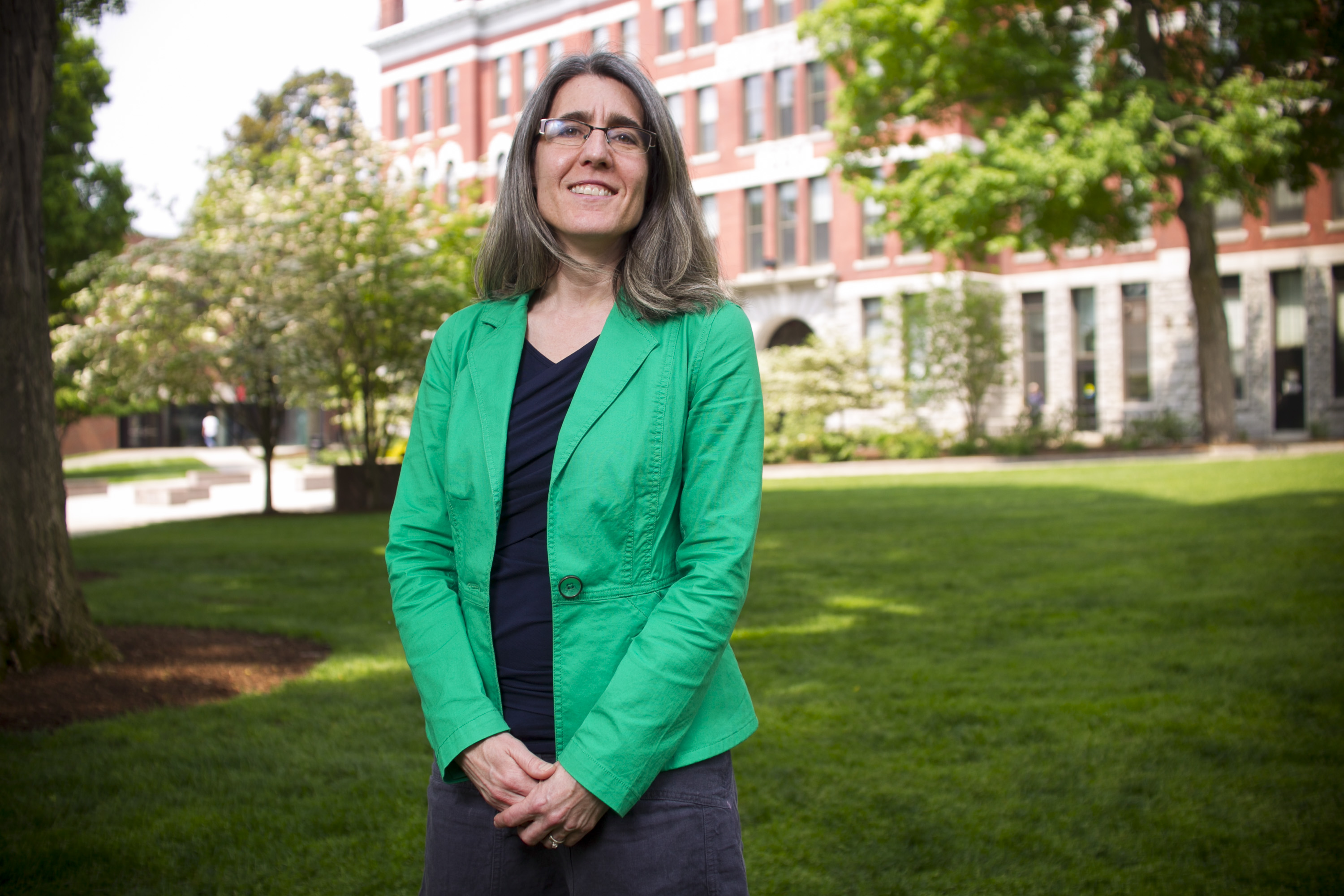
Title: The Scale of Governance in the Regulation of Land: Community Land Trusts in the Twin Cities
Principal Investigator: Deborah Martin
Funding Agency: National Science Foundation
Community land trusts are private, not-for-profit organizations which own land in trust for a particular community defined by membership and geographical boundaries. They offer longterm renewable leases for the use of that land to members, who in turn own the homes built on that land. Using voluntary, contractual mechanisms that are compatible with existing legal frameworks, community land trusts disrupt the often taken for-granted direct relationship between individual landowners (whether corporations or citizens), their properties, and regulatory agencies / governments. They offer an institutional structure that allows individuals to “opt out” of certain parts of the land market — reconfiguring the homeowner relationship to property and governments — in exchange for a long-term commitment to participate in an organization which owns and thus possesses many controlling rights to the use of the land around and under individual homes. By examining the legal and social dimensions of community land trust-governed common property in a major metropolitan area (the Twin Cities region of Minnesota), this project highlights how the meanings of community and property can be negotiated through public and private institutions at multiple scales. This research explores the following question: What are the relationships between the geographic scale of a community land trust, its engagements in regional land governance (including interactions with other non-profit and government agencies), and its geographical identity?
